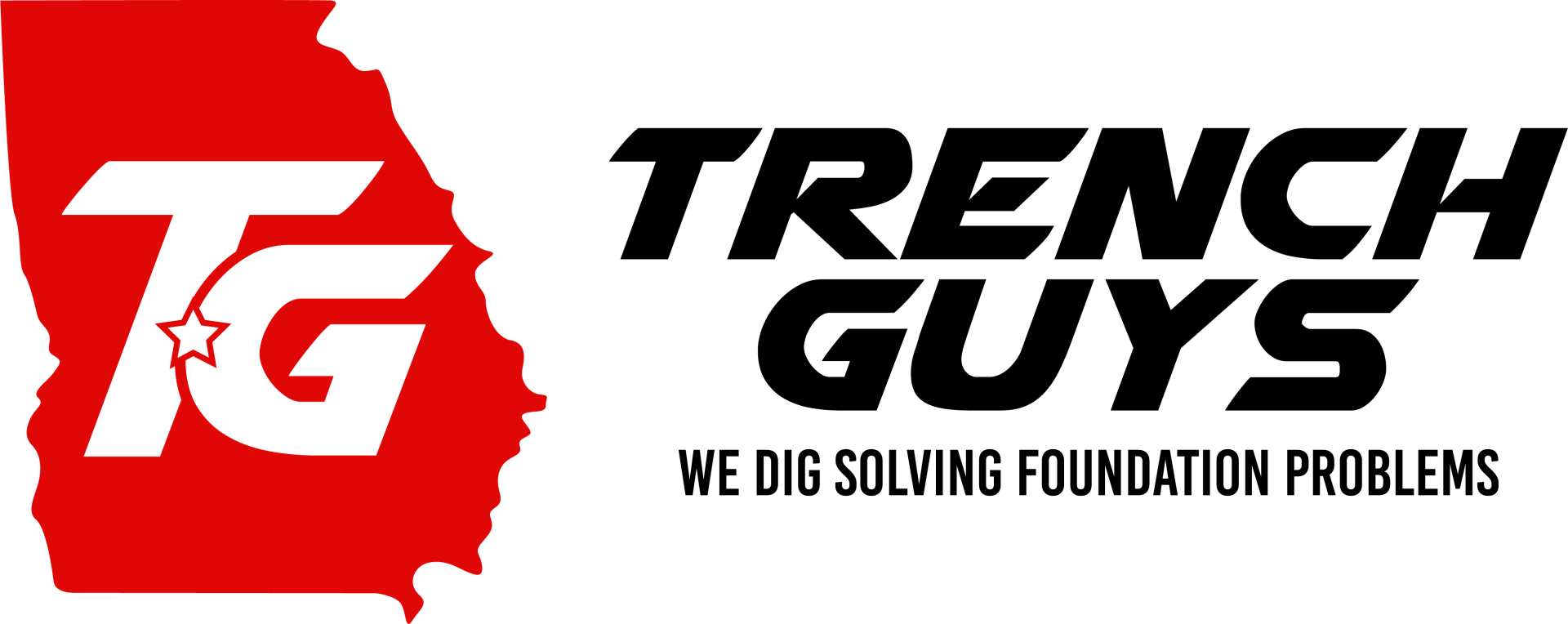In the world of construction, one of the most critical challenges is managing moisture within building structures. Vapor barriers play a vital role in this process, acting as a protective layer that prevents moisture in the form of vapor from penetrating walls, floors, and roofs. By blocking the movement of water vapor, vapor barriers help prevent the buildup of condensation, which can lead to serious issues like mold growth, wood rot, and insulation damage. Properly installed vapor barriers are particularly important in areas of a home, such as attics and basements, where moisture accumulation is more likely to occur. Whether used in residential or commercial buildings, these barriers contribute significantly to the long-term durability and structural integrity of any construction project.
What Are Vapor Barriers?
Definition and Function
A vapor barrier is a material used in the construction of walls, floors, and roofs to prevent moisture in the form of vapor from passing through and damaging insulation or building materials. Vapor barriers are crucial in maintaining a home’s structural integrity by stopping moisture from entering spaces where it could condense. Condensation can lead to mold growth, rot, and other issues that degrade insulation performance, reducing the home’s energy efficiency. By blocking moisture vapor, vapor barriers help maintain dry, insulated spaces, ensuring that homes remain both energy-efficient and structurally sound.
Types of Vapor Barriers
Vapor barriers are categorized based on their permeability, which refers to how much moisture vapor they allow to pass through. These classifications help determine the best barrier to use based on climate and specific construction needs.
Class I (Impermeable Vapor Barriers):
- These barriers block nearly all moisture vapor, making them ideal for use in areas with high humidity where moisture control is critical.
- Example: Polyethylene sheeting (a plastic film that provides a solid barrier against vapor).
Class II (Semi-permeable Vapor Barriers):
- These barriers allow a limited amount of moisture to pass through, offering a balance between moisture protection and some vapor diffusion.
- Example: Kraft-faced insulation (fiberglass insulation with a paper backing that provides moderate moisture control).
Class III (Permeable Vapor Barriers):
- These barriers allow more vapor to pass through, making them suitable for certain climate zones where air circulation is needed, and the risk of trapped moisture is low.
- Example: Latex paint (commonly used in walls, allowing minimal vapor diffusion while protecting the surface).
By understanding these types of vapor barriers, homeowners and builders can choose the appropriate material based on their specific climate, building needs, and moisture control requirements.
How Vapor Barriers Contribute to Energy Efficiency
Preventing Heat Loss
One of the key ways vapor barriers enhance a home’s energy efficiency is by preventing heat loss. When moisture infiltrates insulation, it significantly reduces the insulation’s ability to resist heat transfer, a process known as thermal bridging. Wet insulation allows heat to pass through more easily, leading to higher energy consumption as your heating system works harder to compensate for the loss.
Vapor barriers are designed to keep moisture out of the insulation, maintaining its effectiveness by keeping it dry. A dry insulation system retains its thermal resistance, meaning it performs optimally in preventing heat from escaping during the winter or entering during the summer. This controlled environment helps keep indoor temperatures more stable, reducing the need for additional energy to maintain comfort.
Reducing HVAC Energy Consumption
Another way vapor barriers contribute to energy efficiency is by reducing the workload on your heating, ventilation, and air conditioning (HVAC) system. Moisture that infiltrates a home’s insulation or other structural components can lead to uncomfortable indoor humidity levels and temperature fluctuations. When humidity levels rise, HVAC systems must work harder to regulate indoor temperatures and remove excess moisture, consuming more energy in the process.
By installing vapor barriers, homeowners can effectively control moisture levels, ensuring that indoor air remains stable and comfortable. This prevents the HVAC system from overworking to correct moisture-related temperature imbalances, thereby reducing overall energy consumption for heating and cooling. In turn, this leads to lower energy bills and a more sustainable, environmentally friendly home.
The Science Behind Vapor Barriers and Energy Loss
Moisture and Insulation Performance
Moisture has a profound effect on the performance of insulation, reducing its ability to regulate heat transfer. Here are key points to consider:
- Wet insulation loses its R-value (thermal resistance).
- R-value measures insulation’s ability to resist heat flow. When insulation becomes wet, its R-value drops, making it less effective at preventing heat transfer.
- Damp insulation conducts heat more efficiently, allowing heat to escape in winter and penetrate in summer.
- Wet insulation acts as a conductor, allowing heat to escape your home during colder months and permitting heat to penetrate in warmer months, leading to higher energy costs.
Mold and mildew growth on wet insulation further reduces efficiency and impacts air quality.
Moisture creates the ideal conditions for mold and mildew to grow on insulation. This not only further degrades insulation’s performance but also impacts indoor air quality, posing health risks to occupants.
Vapor Drive and Energy Efficiency
Vapor drive refers to the movement of water vapor through building materials, driven by pressure differences between the inside and outside of a structure. This movement can cause significant moisture buildup in insulation, reducing its efficiency and leading to energy loss.
Vapor barriers slow vapor drive, preventing moisture from moving through walls, roofs, and floors. By doing so, they reduce the amount of moisture that can reach insulation, keeping it dry and allowing it to maintain its R-value.
Reducing energy loss: By blocking or slowing vapor drive, vapor barriers help to prevent the accumulation of moisture in building materials, thereby minimizing heat loss in the winter and reducing heat gain in the summer. This maintains a stable indoor temperature and reduces the overall energy required to heat or cool the home.
Where to Install Vapor Barriers for Maximum Energy Efficiency
Key Areas for Vapor Barrier Installation
Vapor barriers are essential for preventing moisture from affecting insulation and reducing energy efficiency. Here are the key areas in your home where installing vapor barriers can make a significant impact on energy retention:
- Attics: Vapor barriers in attics prevent heat loss through the roof and protect roof insulation from condensation. By stopping warm, moist air from rising into the attic and condensing on cold surfaces, the barrier helps maintain insulation performance and prevents mold growth.
- Basements: In basements, vapor barriers protect insulation from ground moisture. Basements are particularly vulnerable to dampness from surrounding soil, which can saturate insulation and lower its R-value. A vapor barrier helps keep insulation dry, improving overall energy retention.
- Crawlspaces: Crawlspaces are prone to high humidity, which can damage both insulation and wood framing. Installing vapor barriers in these areas reduces moisture levels, protecting the structure from rot and ensuring insulation stays effective, which helps regulate the home's temperature.
Cold vs. Warm Climates
Cold Climates: In cold climates, vapor barriers are typically installed on the inside (warm side) of the insulation. This prevents warm, moist indoor air from penetrating the insulation and reaching cold surfaces where it could condense. By keeping the insulation dry, the barrier helps maintain the home’s energy efficiency by preventing heat loss.
Warm Climates: In hot and humid climates, the primary concern is blocking moisture from entering the home from the outside. Therefore, vapor barriers are often placed on the exterior side of the insulation. This positioning helps block outdoor moisture from penetrating the building envelope, keeping the insulation dry and preventing the humid air from affecting indoor cooling efforts.
The Benefits of Vapor Barriers for Sustainable and Energy-Efficient Homes
Enhanced Insulation Longevity
Vapor barriers play a crucial role in extending the life of insulation by protecting it from moisture damage. Here are the key ways vapor barriers contribute to the longevity of insulation:
- Protects against moisture buildup: By preventing moisture from seeping into insulation, vapor barriers ensure that insulation materials remain dry, which is vital for their long-term performance.
- Maintains the insulation’s R-value over time: Wet insulation loses its ability to resist heat transfer, reducing its R-value. Vapor barriers help maintain insulation’s thermal resistance by keeping it dry, ensuring it continues to function effectively.
- Prevents mold and mildew, which degrade insulation materials: Moisture buildup can lead to the growth of mold and mildew, which not only compromise the insulation’s effectiveness but also cause long-term damage to the materials. Vapor barriers block this moisture, preventing these issues and extending the life of the insulation.
Lower Energy Bills
One of the most immediate benefits of vapor barriers is their ability to reduce energy consumption by enhancing insulation performance. When insulation is kept dry and functioning at its best, your HVAC system doesn’t need to work as hard to maintain comfortable indoor temperatures. This leads to significant savings on energy bills.
Energy savings: Homeowners who install vapor barriers can see energy savings of 5% to 15%, depending on their climate and insulation type. In colder climates, where heating costs are higher, the energy savings can be even more substantial as the barriers help retain heat and prevent heat loss.
For example:
- Cold climate zones: Homeowners can expect up to 15% savings in heating costs due to better heat retention.
- Warm, humid climates: By keeping moisture out and maintaining the effectiveness of cooling systems, homeowners may see up to 10% savings in energy consumption related to air conditioning.
- Environmental Impact
- In addition to lowering energy bills, vapor barriers contribute to a home’s overall environmental sustainability by reducing energy use. When your home is more energy efficient, your HVAC systems consume less power, which in turn reduces the amount of fossil fuels burned to generate electricity or heat. This leads to a direct reduction in carbon emissions, helping to lower your home’s carbon footprint.
Making homes more energy efficient: Vapor barriers play an essential role in maintaining insulation performance, which leads to less energy waste. By improving your home’s energy efficiency, you reduce the demand for energy resources, contributing to a more sustainable living environment.
Environmentally friendly homes: Homes equipped with vapor barriers are better insulated, use less energy, and contribute to a greener, more sustainable future. They are a key component in designing homes that are both energy-efficient and environmentally responsible.
FAQs
-
How do vapor barriers save energy?
Vapor barriers prevent moisture from entering insulation, keeping it dry and maintaining its thermal resistance, which reduces heat loss and improves energy efficiency.
-
Do vapor barriers reduce heating costs?
Yes, by preventing moisture buildup, vapor barriers help insulation retain heat, reducing the energy needed for heating and lowering overall heating costs.
-
Can vapor barriers lower cooling bills?
In warm climates, vapor barriers block outdoor moisture from entering the home, helping the HVAC system work more efficiently and reducing cooling costs.
-
How do vapor barriers prevent heat loss?
By keeping insulation dry, vapor barriers maintain the insulation’s R-value, preventing heat from escaping through the roof or walls during cold months.
-
Do vapor barriers reduce carbon emissions?
Yes, by improving insulation performance and reducing energy consumption, vapor barriers help lower the demand for heating and cooling, reducing carbon emissions.
Contact Trench Guys Today!
Trench Guys will do everything we can to ensure your experience with us is excellent.
Request A FREE Estimate
Request a Free Estimate Form
We will get back to you as soon as possible.
Please try again later.
Checkout Recent Post
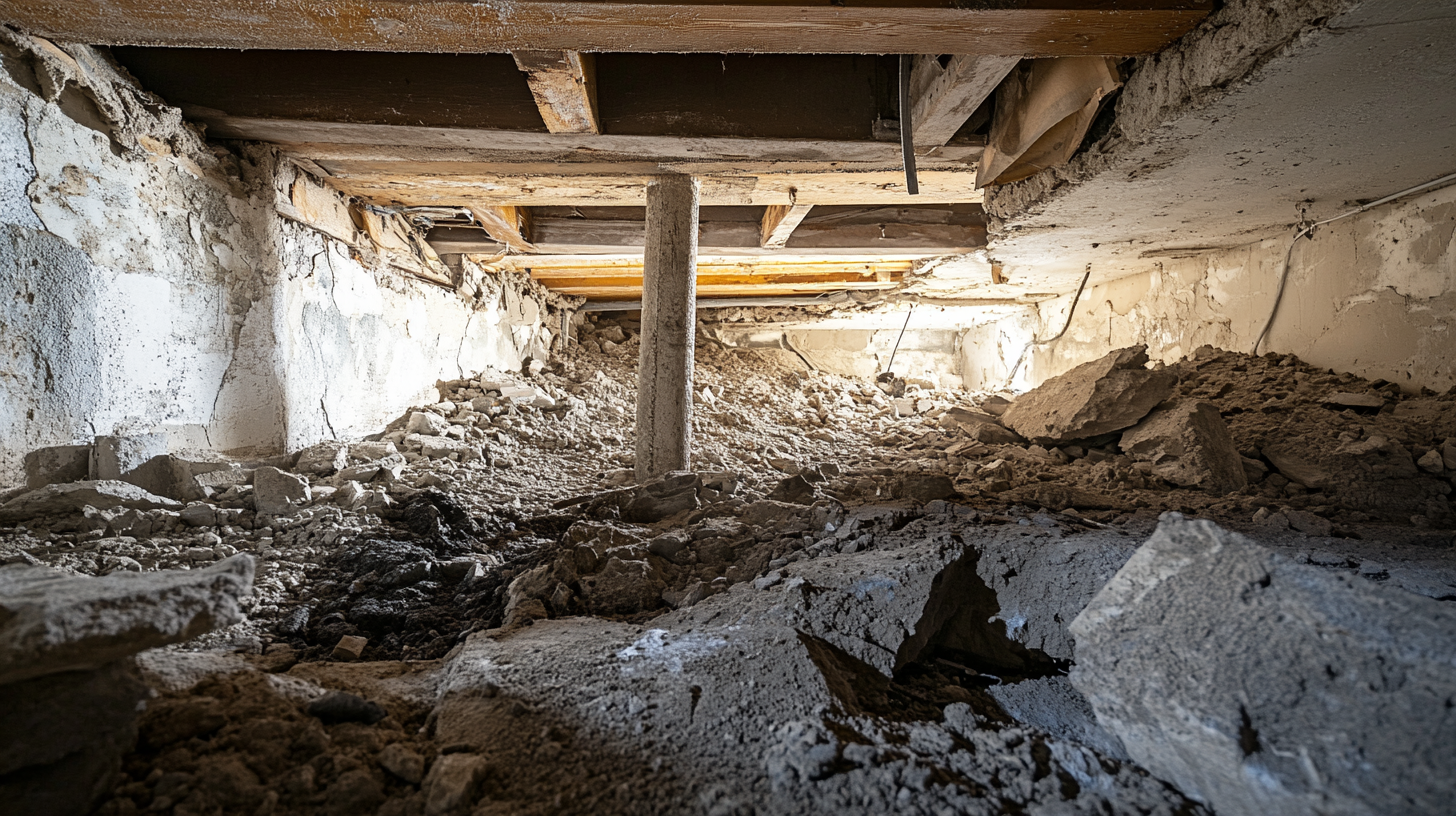
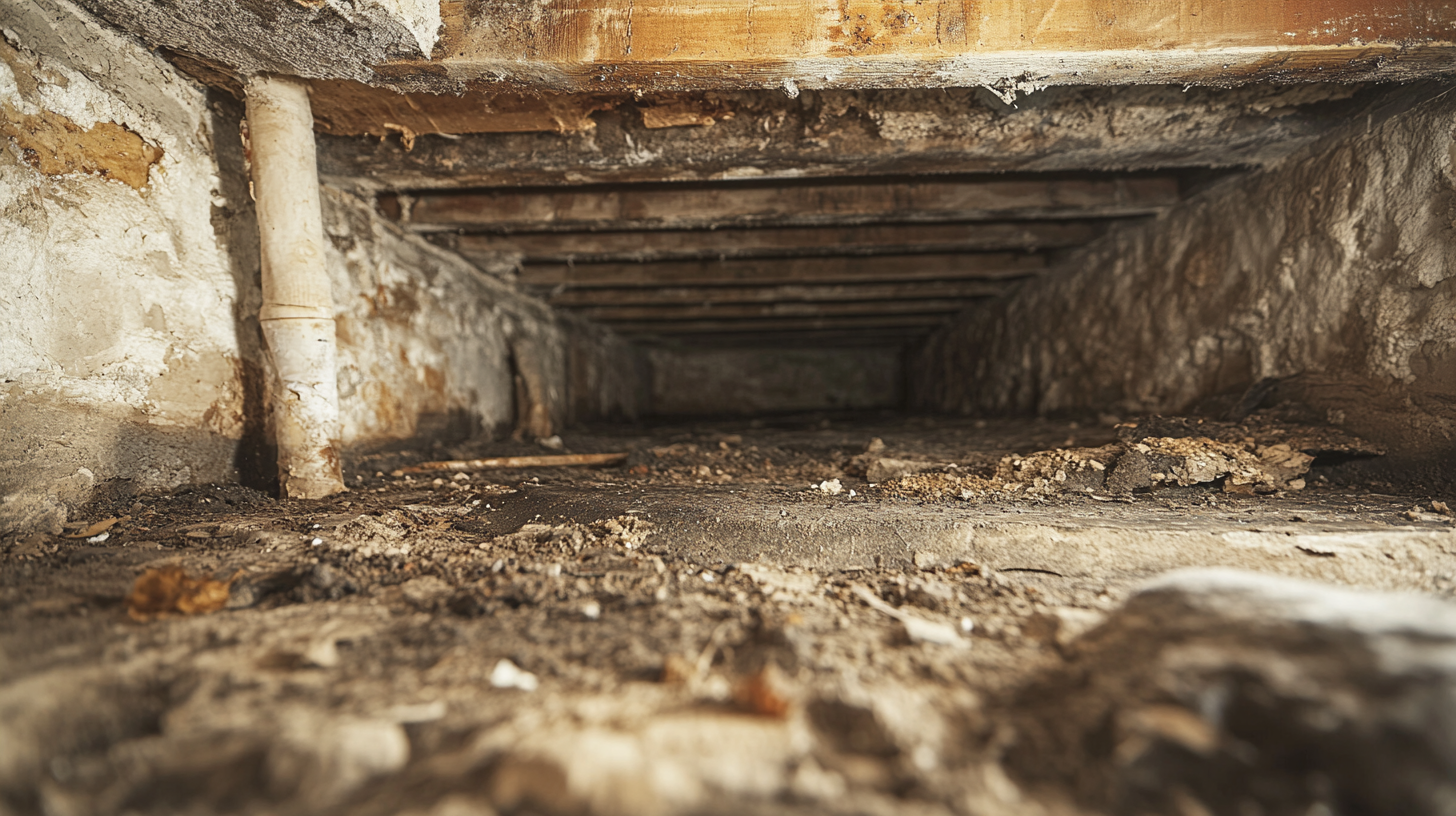
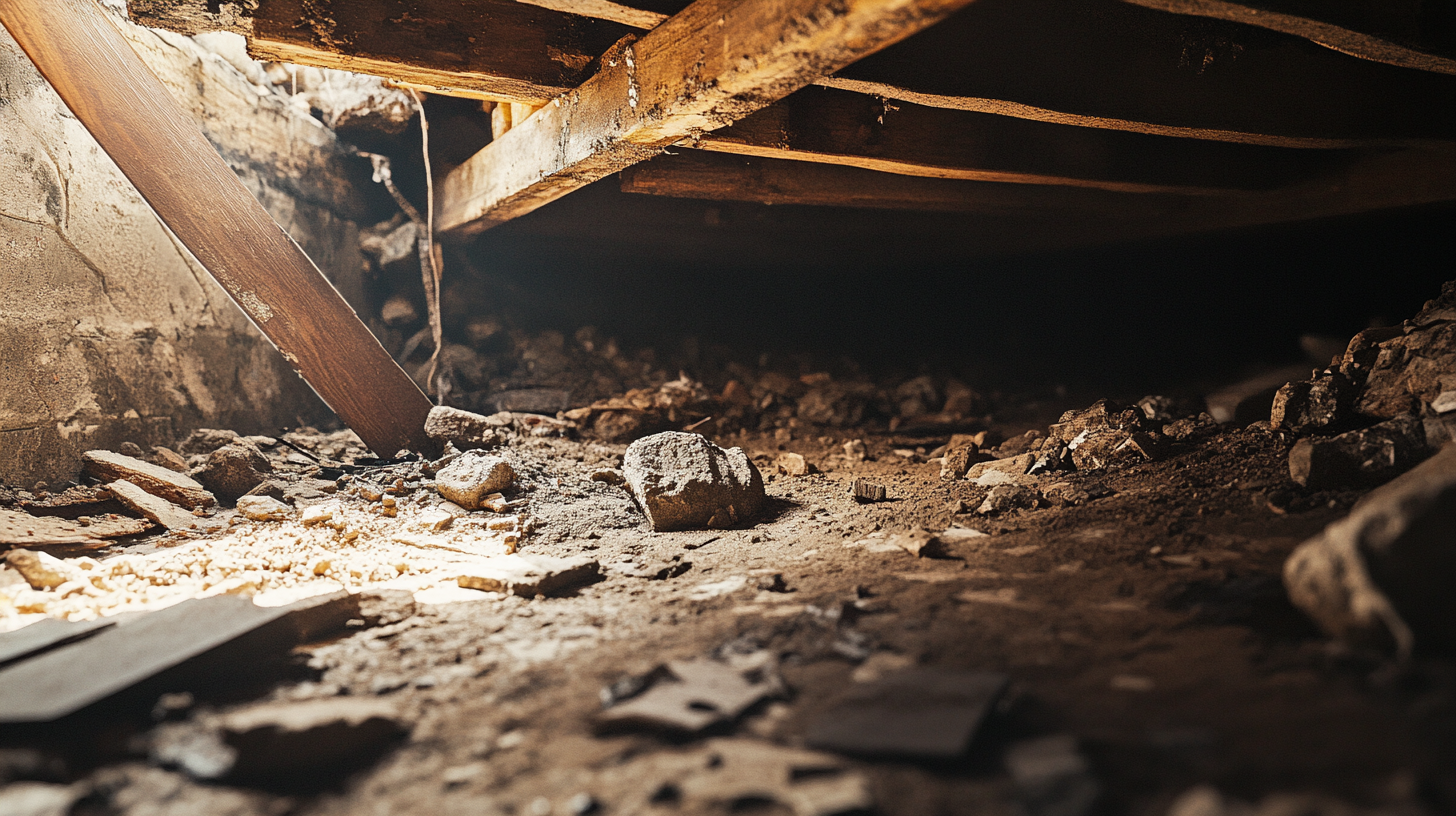
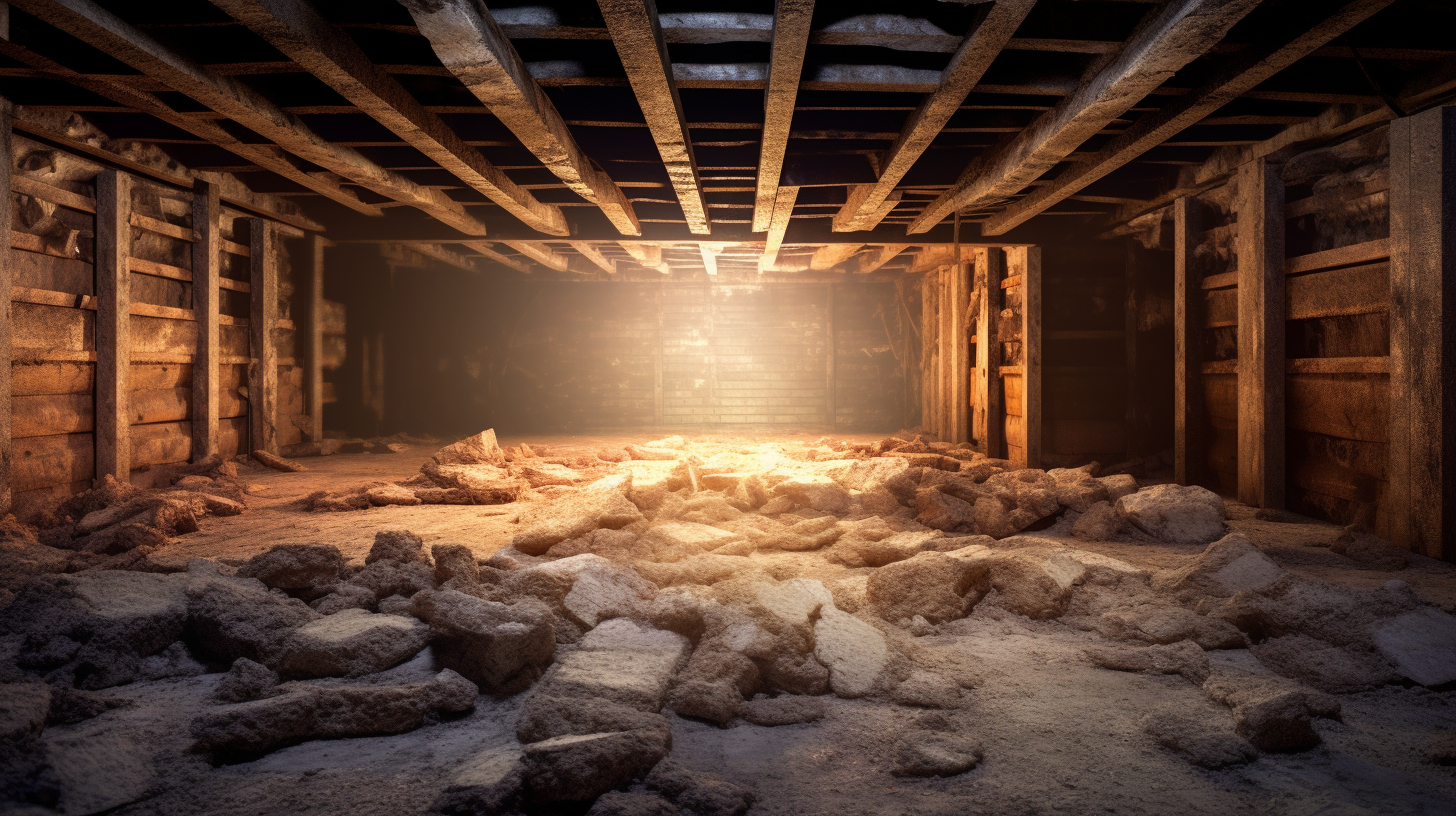
Got a Question? We’re Here to Help.
You can arrange an appointment or make an enquiry by phone or email, orget in touch to us via our contact form.
Looking for a reliable and professional company to take care of your crawl space, basement and gutter needs? Look no further than Trench Guys! We have years of experience in the industry and can provide you with top-quality services at a competitive price. Contact us today to get started!
CONTACT INFORMATION
Phone: 478-236-6403
Email: Wedigmiddlega@gmail.com
Address: Macon, GA
Business Hours:
Mon-Fri: 6:00 AM - 5:00 PM
Sat-Sun: Closed
ADDITIONAL INFORMATION
Us Across The Web
Geo
Neighborhoods
Niche
All Rights Reserved | Trench Guys
Privacy Policy | Terms & Conditions | Sitemap
